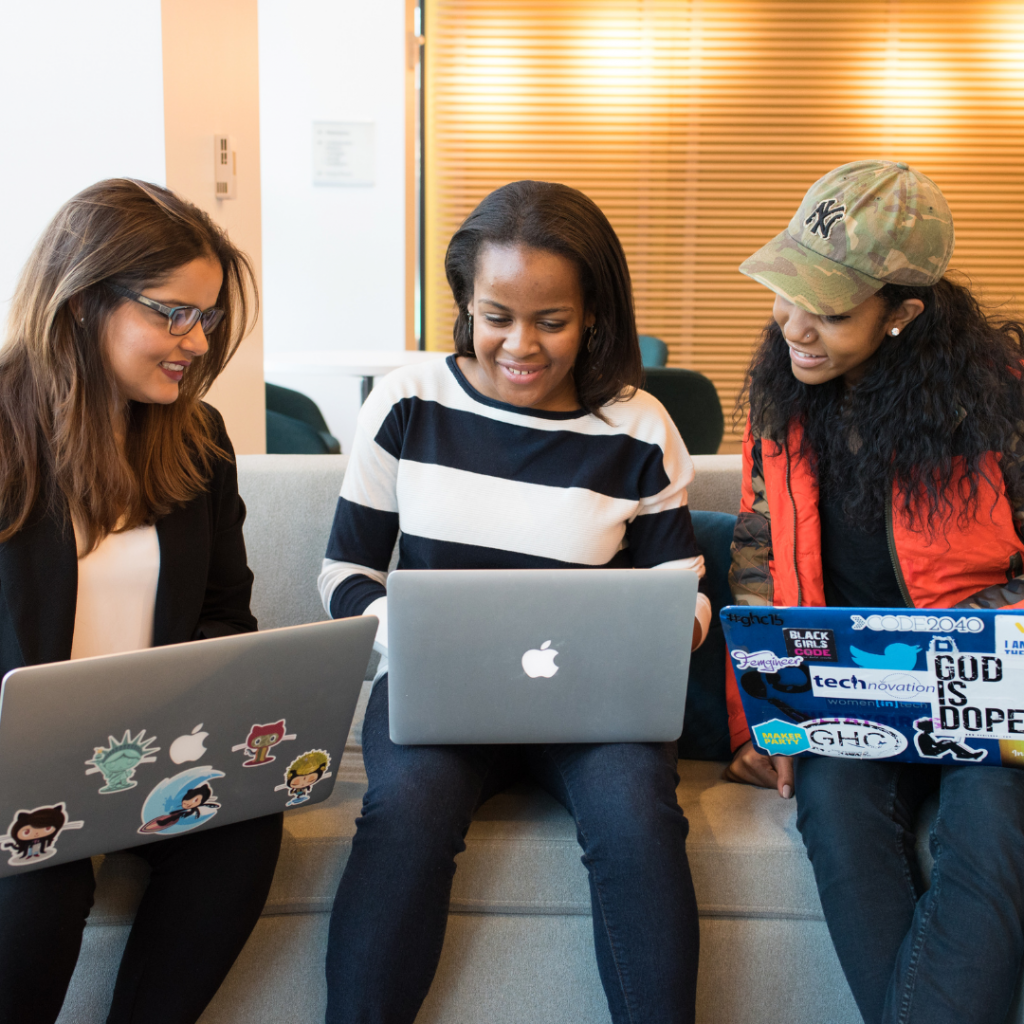Navigating Education While Full-time Traveling
While you’ve probably heard of ‘homeschooling’, have you heard of ‘roadschooling’? Homeschool and roadschool are two different words to describe your children’s education while full-time traveling.
Education is a major life responsibility for families. Launching into a full-time travel journey with school-aged children introduces parents to unique challenges and opportunities. While the traditional classroom might be miles away, the world becomes an expansive learning environment, providing opportunities for learning everywhere.
Traditional schooling has its familiar merits: a set curriculum, standardized assessments, and same-age peer interactions. However, the global classroom of travel introduces children to a more fluid, experiential mode of learning at their own pace. How do you ensure a robust education for your children?
A quick note before we dive in: the resources we mention are a starting place, not a complete resource list. Families considering full-time travel are adventurous, independent people who need to know that something exists and then they’ll figure out the best options for themselves and their families. Fortunately, there’s no single definition for either full-time travel or for roadschooling!
Table of contents

Homeschooling, Unschooling, Roadschooling and Virtual Schooling
Homeschooling is both an umbrella legal description and an approach. Generally, it describes when you remove your children from their local public school system and take on the responsibility for their education. While there are many different approaches to homeschooling, each state uses the same legal term. So if you find yourselves talking with your state’s Department of Education, remember to call it homeschooling.
Since each state has its legal requirements., take your time and do your due diligence. However, you’re heading into full-time travel, which means you can choose to move your domicile to a more homeschool-friendly state!
Before you decide on your domicile state, check your state’s homeschooling regulations. Their laws might only work for short-term travel due to being too restrictive. We chose Texas, in part because of their very open homeschool laws.
Specifically, homeschooling is a structured approach where parents or tutors educate children at home using a planned curriculum. Some states require a cooperative relationship with the local school district and final approval of any curricula, but in general, parents are free to choose curricula based on their kids’ needs. Children are often involved in their local school’s after-school activities.
Many parents feel overwhelmed by the range of curriculum options available. For help and support, invest some time upfront developing your knowledge through HSLDA’s free 60 minute webinar ‘How to Choose or Change Your Homeschool Curriculum.’ Check out Homeschool Curriculum Specialist Cathy Duffy’s site Cathy Duffy’s Reviews. Now that you’re armed with some background knowledge, you’re ready to join online homeschooling groups and do your research!

Unschooling is a more fluid, informal learning that encourages your child’s natural curiosity. Instead of a fixed curriculum, kids learn through life experiences, household responsibilities, and even play. It’s most common when kids are elementary school-aged.
Roadschooling is the very informal term coined by traveling families. In other words, it’s a hybrid of education-focused travel where your destinations are organic learning environments, integrating experiences with academic subjects.
Our road schooling focused on history and civics mixed with plenty of science. For example, we’d visit each state’s capitol, taking the guided tours whenever possible. Instead of running through Colonial Williamsburg in a day or two, we bought an annual pass. We’d spend two or three days each week out exploring, and our at-home days were spent focusing on math, language arts and other life skills.
Virtual Schooling is online public school. Therefore, the school district chooses the curricula does all lesson planning. However, not all states offer virtual school options.
Legal Support and Protection
Given the variations in homeschooling regulations across states, we recommend membership in the Home School Legal Defense Association (HSLDA). They provide legal protection and offer extensive resources and support for homeschooling families while defending homeschool freedoms on a state and national level. Check out their map to learn more about homeschooling laws around the U.S.

High Schooling on the Road
Since high school years are so critical in shaping future academic and career paths parents need additional support. The HomeScholar supports parents to “homeschool with excellence.” Lee Binz offers proven strategies, including transcript solutions (even for unschoolers), course records, and consultation services. Lee’s holistic support approach walks you from middle through high school including your child’s college prep, scholarship and entrance process!
State-specific Support and Resources
The Texas Homeschool Coalition, for example, serves the specific needs of Texas-based homeschooling families, offering guidance, resources, and advocacy. Wherever your domicile, connecting with state and regional homeschool organizations can provide invaluable support.
Real-World Experiences
Roadschooling provides real-world experiences every day. Your children stand on the rim of the Grand Canyon and learn from experienced rangers. Your stop in a local bookstore turns into a conversation with a history buff who completely changes your understanding of local events during colonial times. You all hone your foreign language conversational skills by talking with locals. Everyone’s firsthand knowledge grows immeasurably.
Your kids become adept communicators, comfortably interacting with people of various ages and backgrounds. You’re cultivating in them a broader, deeper and more nuanced understanding of the world, enriching the foundation of their lives.

The National Park Junior Ranger Program
One treasure for roadschooling families is the National Park Junior Ranger Program. Each park offers a unique set of activities and interactions with park rangers. Upon completion, kids are sworn in as Junior Rangers, receiving a badge and certificate. It’s hands-on learning, focusing on environmental stewardship and history.
Every Kid Outdoors
Aimed at fourth-graders and their families, this program provides free access to national parks, waters, and lands, enabling hands-on ecological and historical education.

The Capitol Collection Program
For young history and civics buffs, the Capitol Collection Program is a hidden gem. As families visit state capitols across the U.S., children collect a stamp in their Capitol Collection Passport from each, learning about state history, architecture, and governance. By the journey’s end, they’ll have a tangible collection symbolizing their nationwide educational adventure.

‘Museums on Us’ by Bank of America
If you possess a Bank of America card, you can enjoy complimentary access to numerous museums on the first weekend of every month.
American Science and Technology Centers (ASTC) Passport
When you become a member of any participating museum, you’re eligible to receive free admission to any participating museums more than 90 miles from your home museum.
Tip: To maximize your options, purchase an online membership to a museum without other museums nearby.
North American Reciprocal Museum (NARM) Association
Like the ASTC passport, NARM includes participants from art museums to zoos.

Reflective Questions:
Below are big-picture Planning Stage questions to get you started. Eventually, your responses will likely change, pivot, and adapt as you move through the Planning and Preparation Stages. However, for now your goal is to grow your confidence and knowledge of what’s involved in Roadschooling. Think of it as developing your WHY for roadschooling!
- How do you envision your child’s educational journey adapting from their current track as you plan your transition into the full-time travel lifestyle?
- Now is an excellent time to learn more about your children’s learning styles and study needs. Will they need separate spaces to study? Do they need quiet? Do they need movement to process what they’re learning?
- What expert resources might you lean on, like The HomeScholar or HSLDA, to guide you and ensure you’ll have support?
- Do you plan to remain domiciled in your current location? Do you have the resources you need to make the decision? Does your local school district provide any viable options for full-time traveling kids?
If you have questions or need more support, let us know in the comments or join us on social media @travelandlearn101





